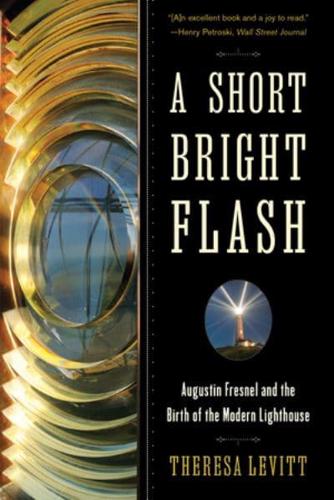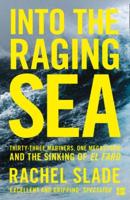Publisher's Synopsis
Augustin Fresnel (1788-1827) shocked the scientific elite with his view of the physics of light. The lens he invented was a feat of engineering that made lighthouses blaze many times brighter, further and more efficiently than they had before. As secretary of France's Lighthouse Commission, he planned and oversaw the lighting of the nation's coast. Although Fresnel died young, his brother Léonor presided over the spread of the new technology around the globe. The new lights were of strategic importance in navigation and the Fresnel legacy played an important role in geopolitical events. Levitt's scientific and historical account, rich in anecdote and personality, is a compelling read.









